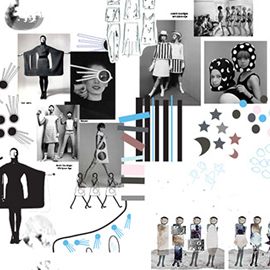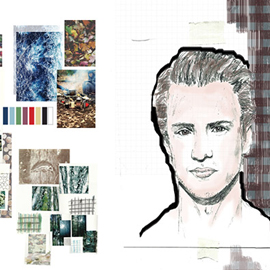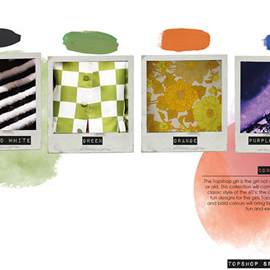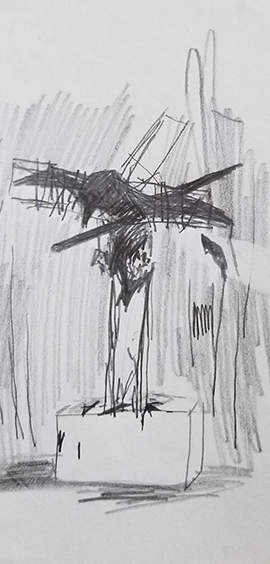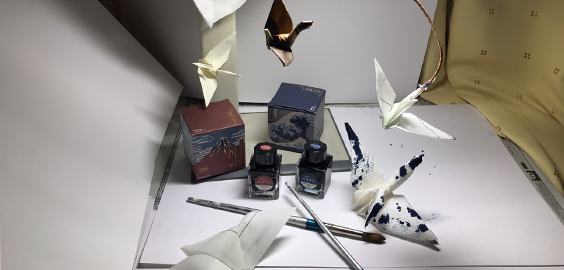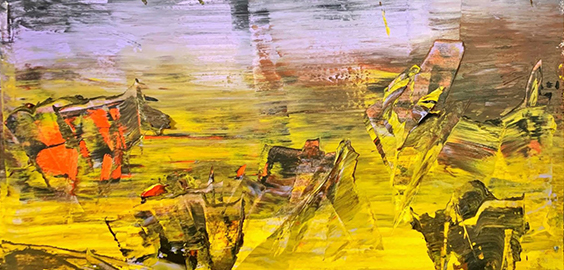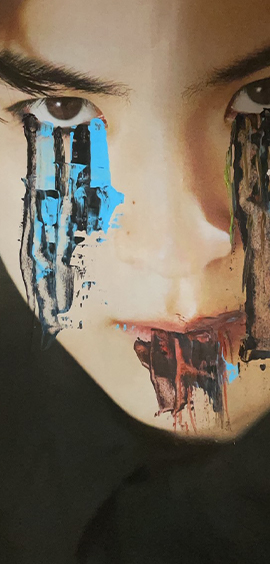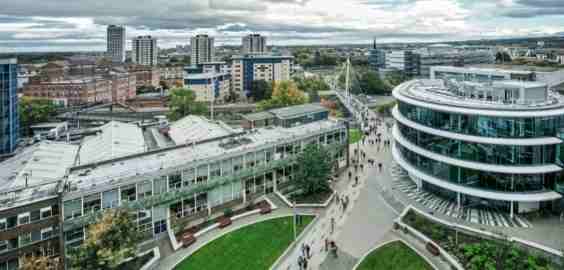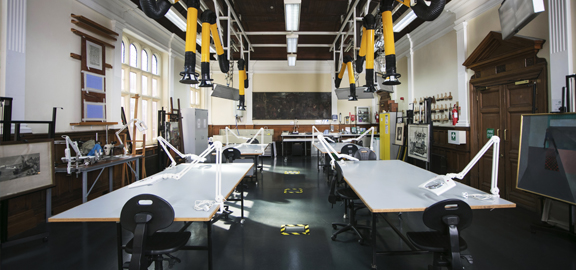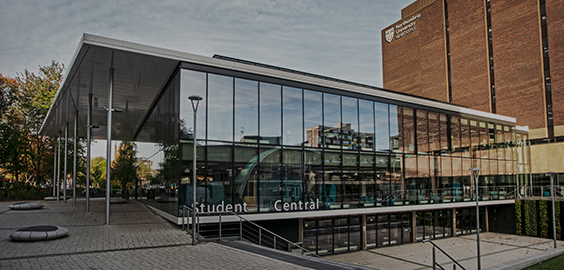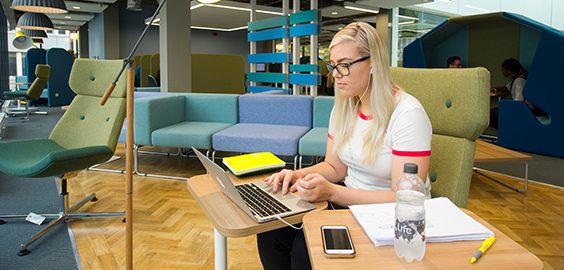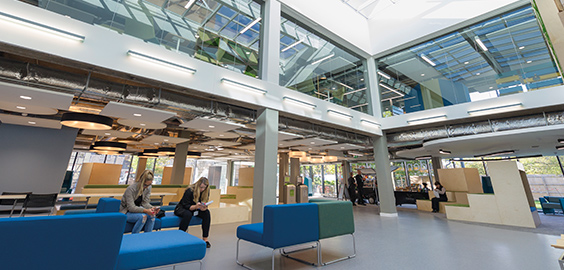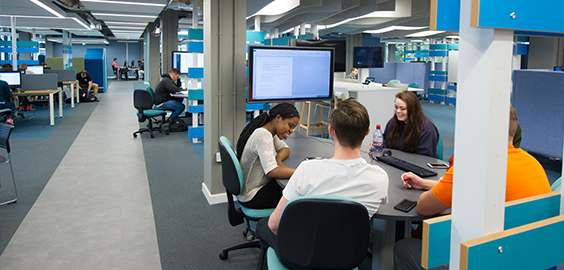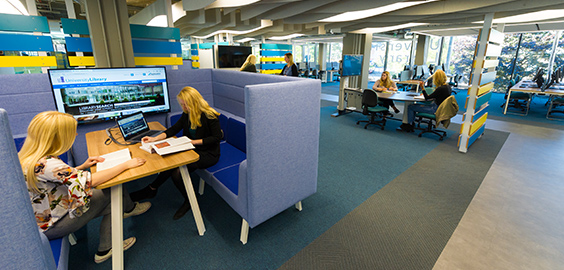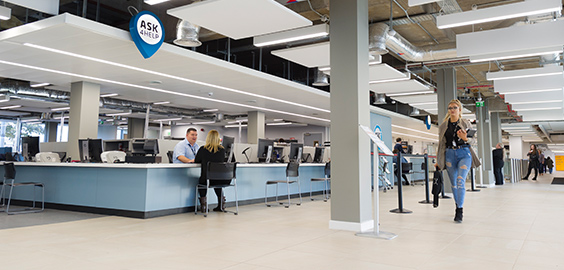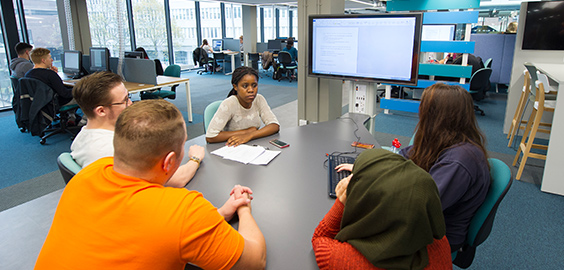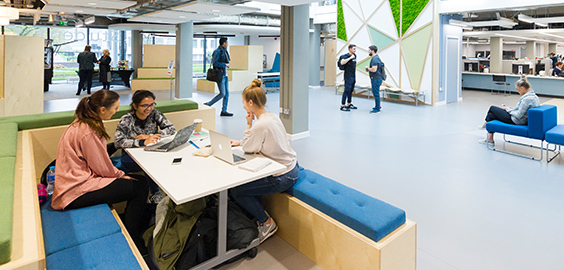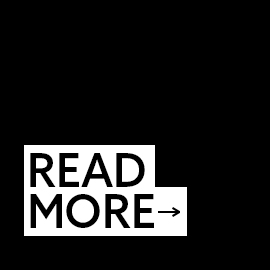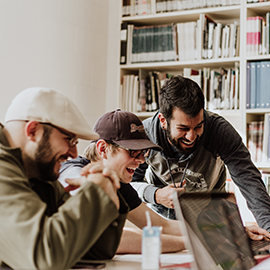-
Study
Study
Interested in studying at Northumbria? With 31,500 students, Northumbria is one of the largest universities in the country, offering courses on either a full-time, part-time or distance learning basis.
Discover more-
Undergraduate
- Undergraduate Study Degree
- Undergraduate Open Day & Events
- Application Guides
- Northumbria University UCAS Exhibitions
- Foundation Years
- Undergraduate Fees & Funding
- School & College Outreach
- Continuing Professional Development
-
Postgraduate
- Postgraduate Study Degree
- Postgraduate Research Degrees
- Postgraduate Open Days and Events
- Postgraduate Fees & Funding
- Flexible Learning
- Thinking about a Masters?
- Continuing Professional Development
- Change Direction
-
Student Life
- The Hub - Student Blog
- Accommodation
- Life in Newcastle
- Support for Students
- Careers
- Information for Parents
- Students' Union
- Northumbria Sport
-
-
International
International
Northumbria’s global footprint touches every continent across the world, through our global partnerships across 17 institutions in 10 countries, to our 277,000 strong alumni community and 150 recruitment partners – we prepare our students for the challenges of tomorrow. Discover more about how to join Northumbria’s global family or our partnerships.
Discover more-
Applying to Northumbria
- European Union
- Our London Campus
- Northumbria Pathway
- International Events
- Entry Requirements
- Agent Network
-
Northumbria Language Centre
- Faculty Requirements
- Acceptable English Requirements
- Pre-Sessional English and Study Skills
- Academic Language Skills Programmes (ALS)
-
International Fees, Funding & Scholarships
- International Undergraduate Fees
- International Undergraduate Funding
- International Masters Fees
- International Masters Funding
- International Postgraduate Research Fees
- International Postgraduate Research Funding
- International Money Matters
-
Life at Northumbria
- International student support
- The Hub - Student Blog
- Careers
-
International Mobility
- Current Northumbria Students
- Incoming Exchange Students
-
-
Business
Business
The world is changing faster than ever before. The future is there to be won by organisations who find ways to turn today's possibilities into tomorrows competitive edge. In a connected world, collaboration can be the key to success.
Discover more -
Research
Research
Northumbria is a research-rich, business-focused, professional university with a global reputation for academic quality. We conduct ground-breaking research that is responsive to the science & technology, health & well being, economic and social and arts & cultural needs for the communities
Discover more -
About Us
-
About Northumbria
- Our Strategy
- Our Staff
- Our Partners
- Student Profiles
- Alumni Profiles
- Leadership & Governance
- Academic Departments
- University Services
- History of Northumbria
- Contact us
- Online Shop
-
-
Alumni
Alumni
Northumbria University is renowned for the calibre of its business-ready graduates. Our alumni network has over 236,000 graduates based in 178 countries worldwide in a range of sectors, our alumni are making a real impact on the world.
Discover more - Work For Us
You will learn about key artistic practices, histories, theoretical concepts, themes and methodologies that have contemporary significance in terms of artistic activity. You will be introduced to different contexts in which art is produced, understood and disseminated, and to historical, theoretical and social discourses in which art has been situated and contextualised. You will develop an appreciation of the forms and diversity of historic and contemporary art practice and the ability to reflect critically on historical and contemporary art practices. The module will help you to develop competence in skills enabling you to undertake critical visual analysis, independent research and present findings through the medium of discursive writing. You will be exposed to a series of topics which are aimed to aid you in identifying a theme or issue of historical, theoretical or critical significance, and survey and assess available material on this theme or issue. This critical approach to the history and theory of art will inform and support studio activity at level 4 and further exploratory research and practice at level 5.
Lectures will explore major historical, theoretical and critical themes influencing the production and reception of art practice in the twentieth and twenty-first centuries. Topics covered in the lectures may include:
- Concepts and context of the avant-garde
- Semiotics
- Psychoanalysis
- Surrealism
- Feminism
- Marxism
- Popular culture as art practice
- Art and technologies (including film and video, the Internet and video gaming)
- Photography and the image
- Art and the environment
- Art and the body



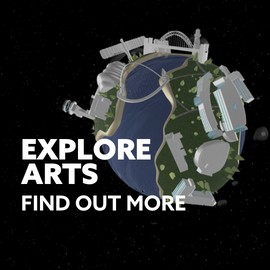





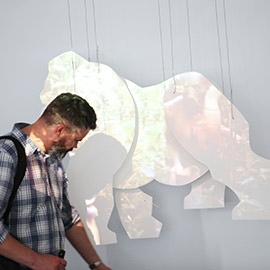
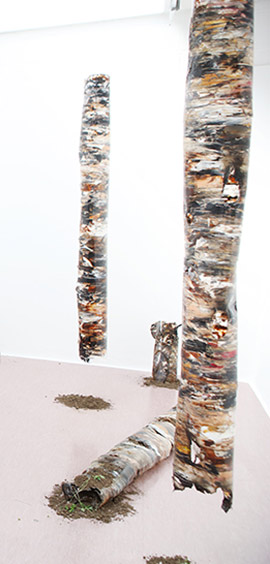
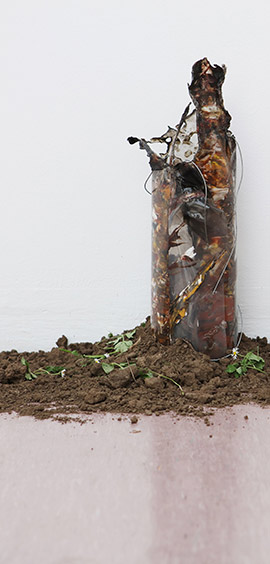



.jpg?modified=20230609134008)
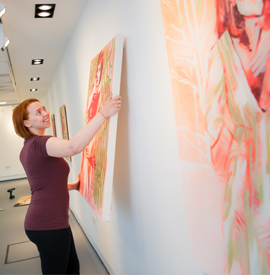
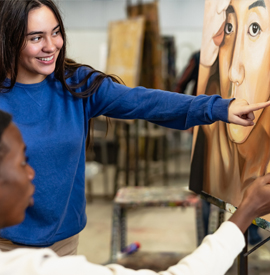
.jpg?modified=20230609134345)






